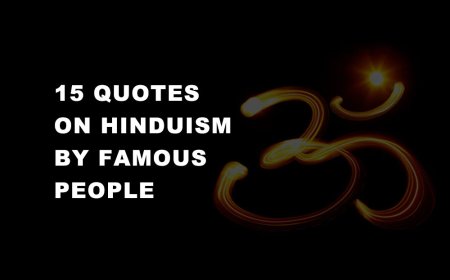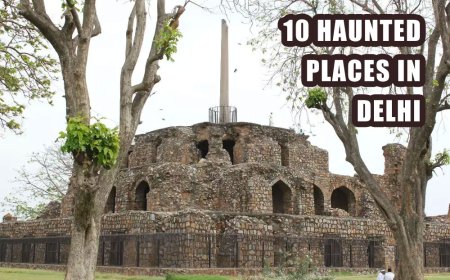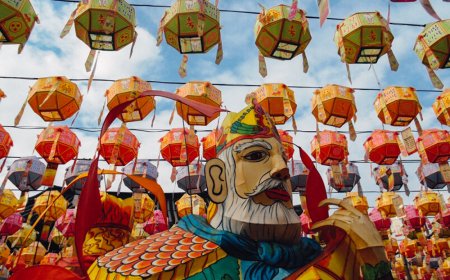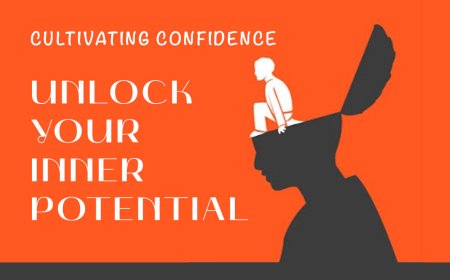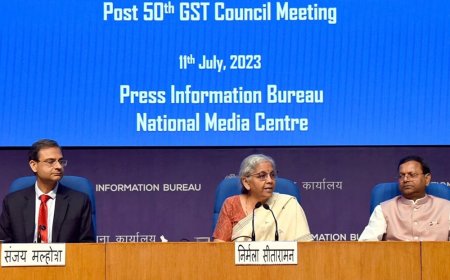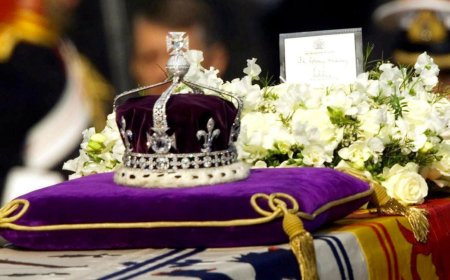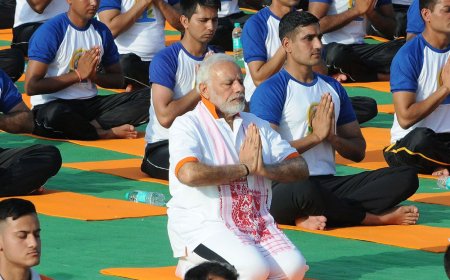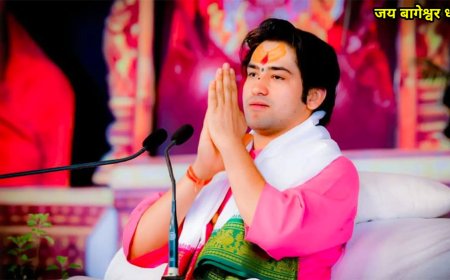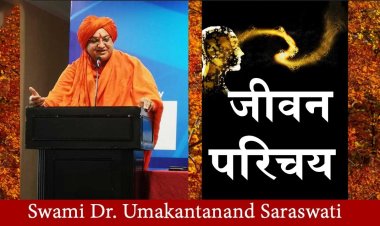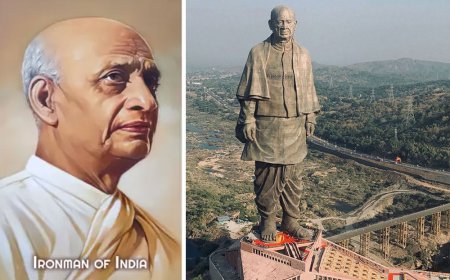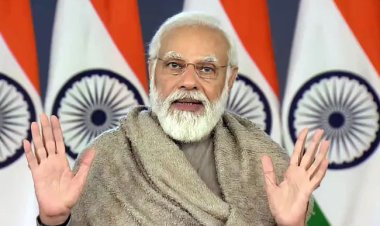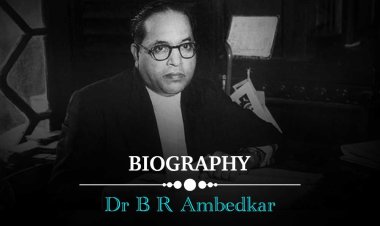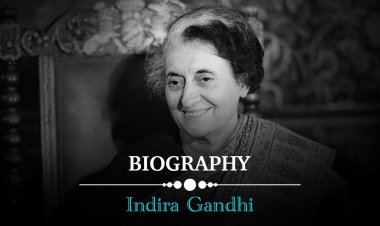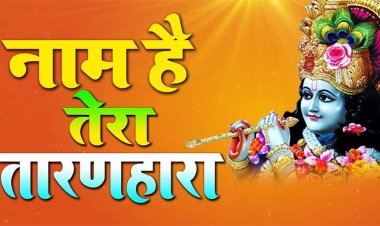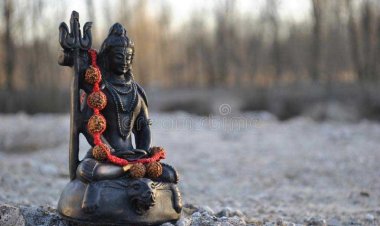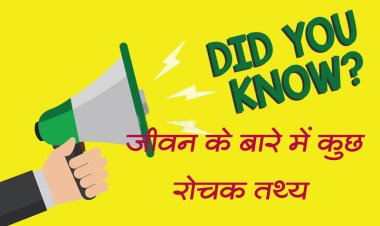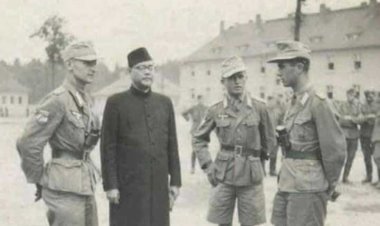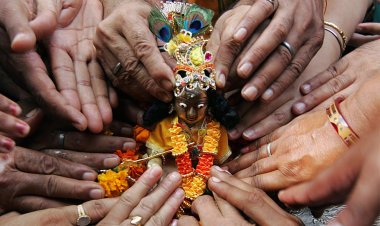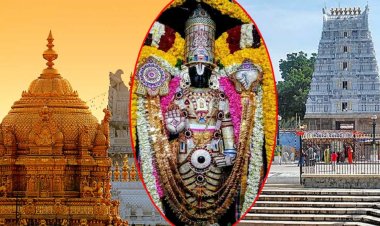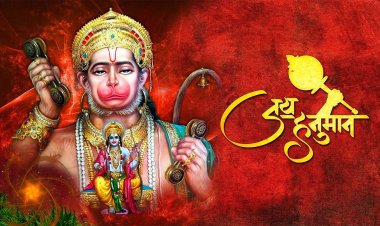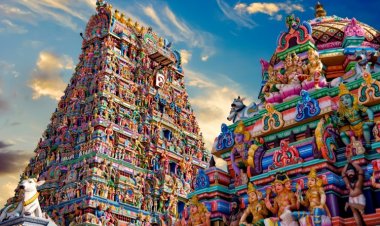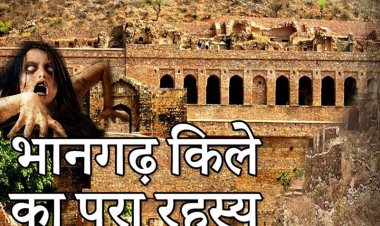Unbelievable Revelations of Ancient India That Need To Be Unearthed
Numerous significant facts about ancient India are still unknown and frequently disregarded by historians and intellectuals. In reality, many facts concerning the Indus Valley Civilization are still unknown since modern linguists and researchers are still having difficulty understanding Indus script, the written language employed by the Indus Valley Civilization. Additionally, Indian academics contend that early Indian writings taught a number of scientific principles. These manuscripts precede many of the more recent discoveries of European scientists, which are sometimes misinterpreted as religious ideas. There are a number of absolutely astounding facts about ancient India. Here are some fascinating historical facts about ancient India.
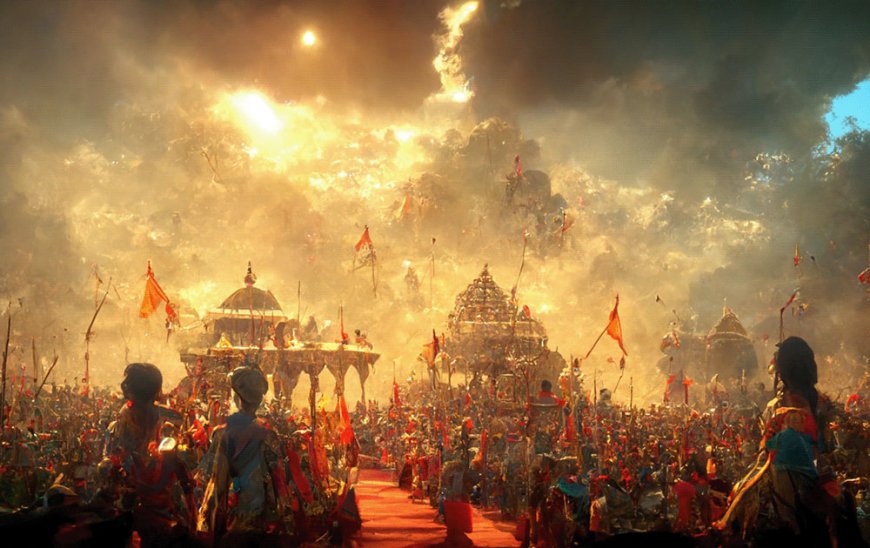
One of the world's oldest civilizations, India, has an array of vibrant cultures and a deep cultural history. A civilization that valued learning and global exploration with an empirical bent flourished in ancient India.
There are some incredible "Ancient India Facts" that have been verified and confirmed by scientific, historical, and other research techniques. So just the facts, not myths, exaggerations, or assumptions.
Social Facts
-
Greek historians and philosophers claimed that slavery did not exist in ancient India. A Greek historian named Megasthenes expressed that all Indians were free. Another Greek historian called Arrian supported Megasthenes' assertion.
-
In terms of infrastructure, town planning, etc., the Indus Valley civilization was one of the most developed. Indus Valley, one of the first civilizations, was also thought to have had the greatest geographic distribution when compared to Mesopotamia and Ancient Egypt.
-
Indians in antiquity possessed a sophisticated understanding of water gathering. The Kallanai Dam, often referred to as Grand Anicut, is the fourth-oldest dam in the world. It is also of the oldest dams still in use. The Mauryas constructed "Sudarshana," an artificial lake, around 320 B.C.
-
In ancient India, there were numerous well-known and important educational institutions. Some of them were from Nalanda and Taxila. The institutions were well-known across the world at the time and drew in a large number of students.
-
In ancient India, women's emancipation reached its pinnacle. Women might speak openly about subjects that are forbidden in today's culture. They even had the option of selecting their future husband from a group of men.
Mathematical Facts
-
The zero was created by the eminent astronomer and mathematician Aryabhata. Ancient India was also the birthplace of the number system.
-
The first person to determine how long it takes for Earth to circle the Sun was the brilliant mathematician and astronomer Bhaskaracharya of ancient India. He also contributed to the development of several differential calculus principles. Some of his works are half a millennium older than those of Leibniz and Newton.
-
The ancient mathematician Baudhayana composed the Baudhayana sutras, which contain a system of intricate mathematical computations like those used in Pythagoras' theorem.
-
It is intriguing to note that algebra, trigonometry, and calculus all originated in ancient India due to their high level of scientific and mathematical understanding. In the eleventh century, a mathematician by the name of Sridharacharya devised quadratic equations.
Medical Facts
-
Ayurveda is the oldest medical system that humans today are aware of. During ancient times, the famous Indian physician Charaka was primarily responsible for developing Ayurveda. It is the only medical system that approaches a patient's care holistically.
-
Ancient Indian physician Sushruta performed intricate medical treatments like cesarean sections, cataract surgeries, cosmetic surgery, kidney stone removal surgeries, limb prosthesis, fracture repair surgeries, and even brain surgery.
-
Anesthesia was often used in ancient India. The use of wine and cannabis incense before surgical procedures is expressly stated in the ancient Indian treatise Sushruta Samhita on Ayurvedic medicine.
Astronomical Facts
-
The principles of aeronautics and aerodynamics are described in prehistoric Sanskrit literature. These books were written many years before airplanes were created.
-
Vedic literature from the sixth century provides ample proof that the ancient Indians had a thorough understanding of the solar system. Richard L. Thompson, an American mathematician, and novelist has written a book titled "Mysteries of the sacred universe." The book makes it abundantly obvious that Indians in antiquity were experts in astronomy research.
-
In ancient India, there were several astronomical observatories. Indian mathematician Brahmagupta oversaw the observatory at Ujjain.
-
The ancient Indians possessed a thorough understanding of solar and lunar phenomena, including eclipses. They even developed a mechanism for calculating the incidence of eclipses.
-
Numerous prehistoric Indian literature provided an explanation of the heliocentric paradigm of our solar system. This demonstrates that prehistoric Indians were aware of the Sun's position at the center of our solar system and that Earth circles it.
General Facts
-
The game of chess is thought to have originated in ancient India. As seen by the numerous historical paintings showing Lord Krishna and his wife Radha playing the game, it was also quite well-liked.
-
Indians in antiquity were masters of metallurgy. By the 10th century B.C., they had mastered the technique of extracting zinc. Additionally, there are traces of old zinc mines from the sixth century B.C. in Rajasthan's vicinity.
-
In the past, people in India practiced yoga. There are several indications that the ancient Indians' spiritual practices were an integral part of daily life.
-
Indians in antiquity had an extensive understanding of human sexuality. The concept of love is explained at great length in the ancient classic known as the "Kama Sutra." These writings date back to circa 400 BC.
-
For the inhabitants of the Indus Valley civilization, navigation was crucial. 6000 years ago, the ancient Indians had perfected navigation.
-
In ancient India, shampoo was created by combining a variety of plants with other purifying ingredients. In actuality, the Hindi word "champo" is thought to be the source of the English term "shampoo."
-
The "Mahabharata," which was composed in the third century B.C., makes reference to cutting-edge scientific ideas like test-tube children, cloning, and time travel.
-
An old book that was published about 600 BC discusses atomic theory. It claims unequivocally that every item is composed of atoms, and that a number of atoms come together to create molecules.
-
India's enormous wealth earned her the nickname "golden bird." In actuality, the majority of conquerors came to India in pursuit of riches. Prior to their discovery in Brazil in the 18th century, diamonds were exclusively found in ancient India.
Ending Remarks
India is a lot more than the world perceives it, it is an adobe of knowledge, spiritualism, and artistry. In this article, we talked about the many inventions that have gone unnoticed by the world, let us change the narrative and educate ourselves of the various kingdoms, scholars, astronomers, and strong female characters of ancient India. Let us know in the comments if you liked this piece and we assure you to unearth many such topics in the future.
What's Your Reaction?
 Like
0
Like
0
 Dislike
0
Dislike
0
 Love
0
Love
0
 Funny
0
Funny
0
 Angry
0
Angry
0
 Sad
0
Sad
0
 Wow
0
Wow
0














